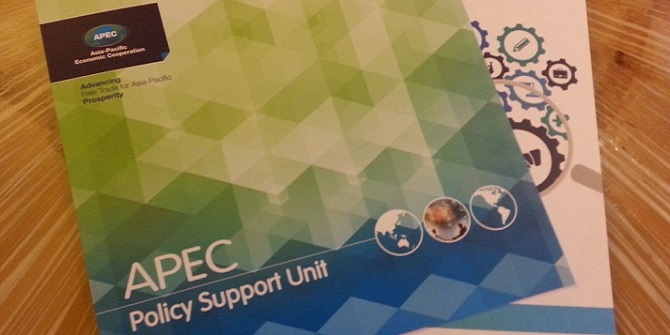There’s a huge amount of advice out there on how to decide which career to go into. Much of it involves, in as rational a way as possible, analysing what your strengths are, what interests you and what’s important to you. You then match it with a career that seems to offer a good fit and (hopefully) you have a decision and the promise of a fulfilling and satisfying career.
To most of us this makes good sense – in theory at least. The problem is that when we sit down to do it or talk about it, it can be difficult to articulate. There are many reasons for this but mainly it is due to the complexity of the decision you’re trying to make. There may be a number of factors bearing on your decision – some might be clear to you, for example the influence of your parents or your schooling, others might be less obvious such as the desire for security, fear of risk, or the importance of status. Some of these are easy to talk about, others may feel less socially desirable and unacknowledged. Here’s our advice on how to make decisions in the most focused, efficient way possible:
Concentrate on the first couple of years
Given how quickly the world is moving and the developments in technology it can be difficult to plan a career with any certainty. Mapping out your career for the rest of your life may be challenging and plans may end up changing further down the line anyway. Focus on the immediate horizon instead and see where it takes you.
Do some thinking but don’t get stuck
Obviously it’s helpful to have thought somewhat about what’s important to you and what you have to offer. LSE Career’s Career Builder can help with this. But don’t aim for perfection. Get a rough idea of what you want to do in the early stages of your career and that will be enough to give you a sense of direction and purpose.
Keep reflecting and learning once you start your first job
Most of us find it easier to obtain clarity on what we want once we’re working. Suddenly things become much less theoretical and much more practical. Most people make a series of career decisions based on their everyday experiences and changes in circumstance as well as more deeply held drivers and motivations.
Take the pressure off
Most people change careers a number of times over a lifetime. Your first job, whilst having an influence on what you go on to do, won’t dictate the possibilities that lie ahead of you. Po Bronson’s book What should I do with my life? is full of stories of people who’ve changed careers, often quite drastically, to great success. It is not only possible, but quite normal, to change direction. For most of us the knowledge that we have the power to change as the world changes around us is both liberating and stress relieving!
Come and talk to us
We’re here to help – even if you’re not sure what career you want to go into! Book a one-to-one appointment with one of our careers consultants to get started. If you’re not in London, get in touch to book a Skype or telephone appointment.






1 Comments